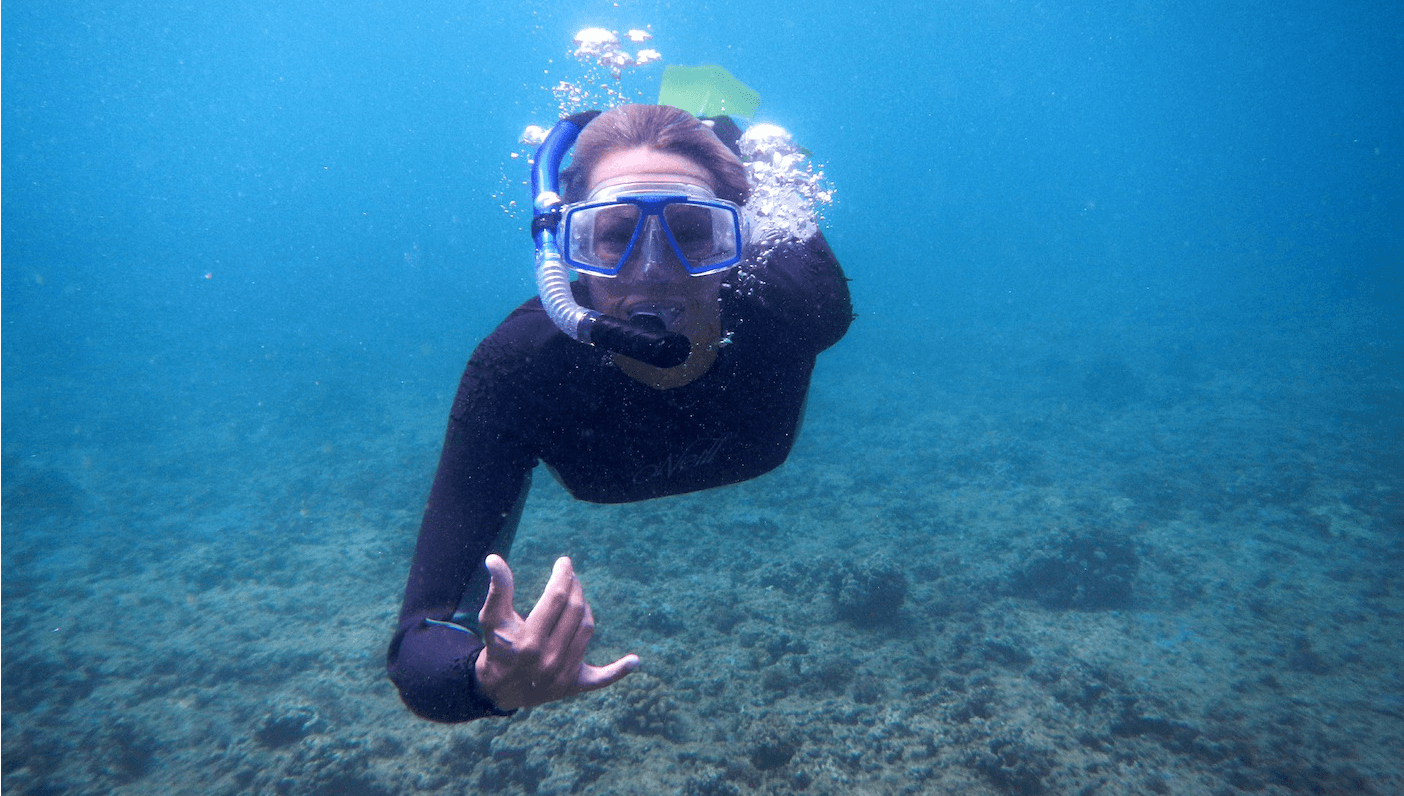
A quick look at a globe will show you that which you probably already know—our planet is covered with water.
We sail on it, swim in it, ride the waves, and enjoy listening to them crash against the shore. But while so many adore the ocean—and depend on it—few fully understand it: What it needs in order to sustain life, how to keep it healthy, and how to keep it clean.
World Oceans Day, on June 8, has has been promoted and coordinated by The Ocean Project (in partnership with other organizations) since 2002. According to The Ocean Project the idea was proposed at an Earth Summit by the Government of Canada in 1992. In 2008 it was officially recognized by the United Nations. The goal of this day, and the reason for establishing it, was not just to honor our world’s oceans, but to educate. The more we learn, and the more we uncover about these massive bodies of water, the more we can do to protect them. Which is important, since, according to the U.S. Geological Survey: “About 71 percent of the Earth’s surface is water-covered, and the oceans hold about 96.5 percent of all Earth’s water.” That’s quite a lot to protect.
To celebrate and promote World Oceans Day, a theme is presented. For 2015–2016, the theme is “Healthy Oceans, Healthy Planet.” The World Oceans Day organization stresses the importance we must place on maintaining healthy oceans, stating: “Everyone’s health depends on a clean, productive ocean.”
One of the biggest culprits infringing on our oceans’ health is, unsurprisingly, plastic pollution. “The ocean and its wildlife are choking on plastic,” the organization warns, imploring us to “not only clean it up, but also stop this pollution.” Oftentimes as individuals we may feel like the small part that we play isn’t enough to make an impact—which couldn’t be further from the truth. Doing something is always better than nothing.
If you’re not instantly ready to spring into action, perhaps a little research will give you the push to make a change. USA Today reports on the horrifying amount of plastic taking up residence in our oceans: “As much as 165 million tons of plastic could be floating around the oceans currently.”
So, what can you do to help minimize the amount of plastic pollution? If you’re not ready to join in on the Zero Waste movement, consider small changes that can have a big impact.
6 Ways to Reduce Plastic Pollution
Opt for a reusable water bottle that is glass or stainless steel.
Refuse disposable coffee cups. Most cafes will be happy to fill up your personal travel mug for you.
Stop using straws. Say no to the plastic straws offered at bars, restaurants, and cafes—do you really need them?
Bring reusable tote bags rather than using, and throwing away, plastic bags. Consider keeping a tote bag in your car or desk drawer at all times, that way when you stop for an impromptu grocery store run, you’ll always have a reusable bag handy.
Pick up trash and recycle. This is loving Mother Nature 101. If you see a plastic bottle on the ground, pick it up and dispose of it properly in a recycling bin.
Spread the word. Host a World Oceans Day event with friends, family, or colleagues. The Ocean Project shares countless activity ideas to get you inspired.
Remember: Every action counts. Whether you’re a surfer, paddle boarder, swimmer, boater, or practicing some aqua yoga, you’ll undoubtedly enjoy your time out on the water far less if there’s trash floating beside you. And if you don’t like it, how do you think the fish feel? So, prove your love for the ocean by caring for it in any and every way that you can. Stress the importance of keeping it clean and healthy by educating others. Respect the ocean, and go out of your way to protect it.
How are you celebrating World Oceans Day?
—
 Maggie Peikon is a New York native, writer, and sufferer of insatiable wanderlust. An avid endorphin seeker she has a constant need to be moving, seeking adventure in all she does. She is a lover of travel, daydreaming, fitness, thunderstorms, and her dog, Finley. Despite the fact that she has to take medication daily due to a thyroidectomy, Maggie still believes that laughter will always be the best medicine. Follow her musings on Instagram and Twitter.
Maggie Peikon is a New York native, writer, and sufferer of insatiable wanderlust. An avid endorphin seeker she has a constant need to be moving, seeking adventure in all she does. She is a lover of travel, daydreaming, fitness, thunderstorms, and her dog, Finley. Despite the fact that she has to take medication daily due to a thyroidectomy, Maggie still believes that laughter will always be the best medicine. Follow her musings on Instagram and Twitter.